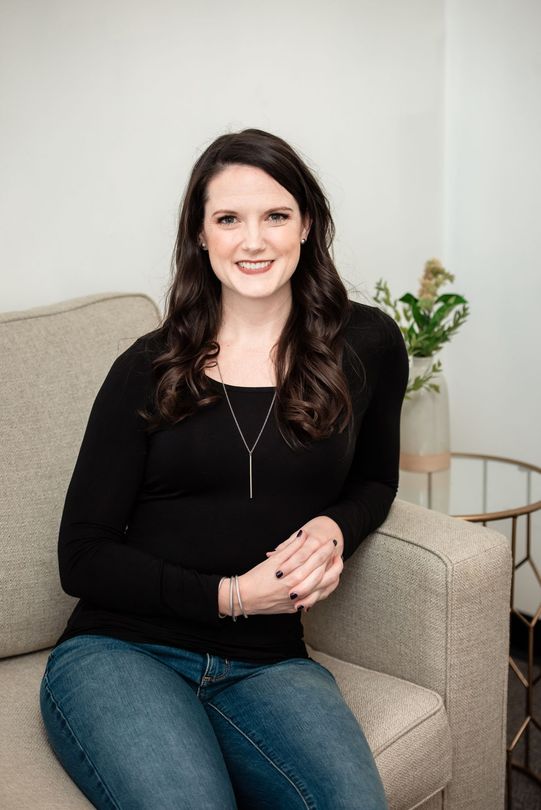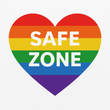You were never meant to do this alone. Let’s walk the path together.
We provide compassionate virtual therapy for adults across Virginia, offering personalized care to help you heal, grow, and thrive.
Compassionate telehealth counseling, bringing support to you—wherever you are.

Helping Adults Across Virginia
Heal and Grow
Hi, I’m Sarah Higgins—a Licensed Clinical Social Worker (LCSW) in Virginia and a certified EMDR therapist. Although I’m based in Richmond, I offer online therapy for adults across the entire state of Virginia. I draw from a mix of approaches to meet each client where they are. EMDR, parts work, and somatic interventions are a big part of the work I do.
Specialized Support for Your Journey
EMDR
Eye Movement Desensitization and Reprocessing is a form of therapy that helps people heal from trauma or other distressing life experiences.
Complex Trauma
We specialize in working with adults who have experienced long-term or developmental trauma. Therapy focuses on building safety, processing pain, and fostering deep, lasting healing.
Helping Athletes
Therapy for athletes navigating injury, pressure, and identity challenges. We also offer performance-focused coaching to enhance mental strength in and out of competition.
Your Therapist, Just a Click Away
Therapy sessions are conducted via secure telehealth, allowing you to meet with your therapist from anywhere in Virginia.
Our video chat platform is simple to use and works seamlessly on your phone, tablet, or laptop.

You Don't Have To Do This Alone.
Whatever you're facing, you deserve support—and you don’t have to carry it all by yourself.
Therapy offers a space where you can feel seen, heard, and truly understood. Together, we’ll work through what’s weighing on you, at your pace, with compassion and care every step of the way.



